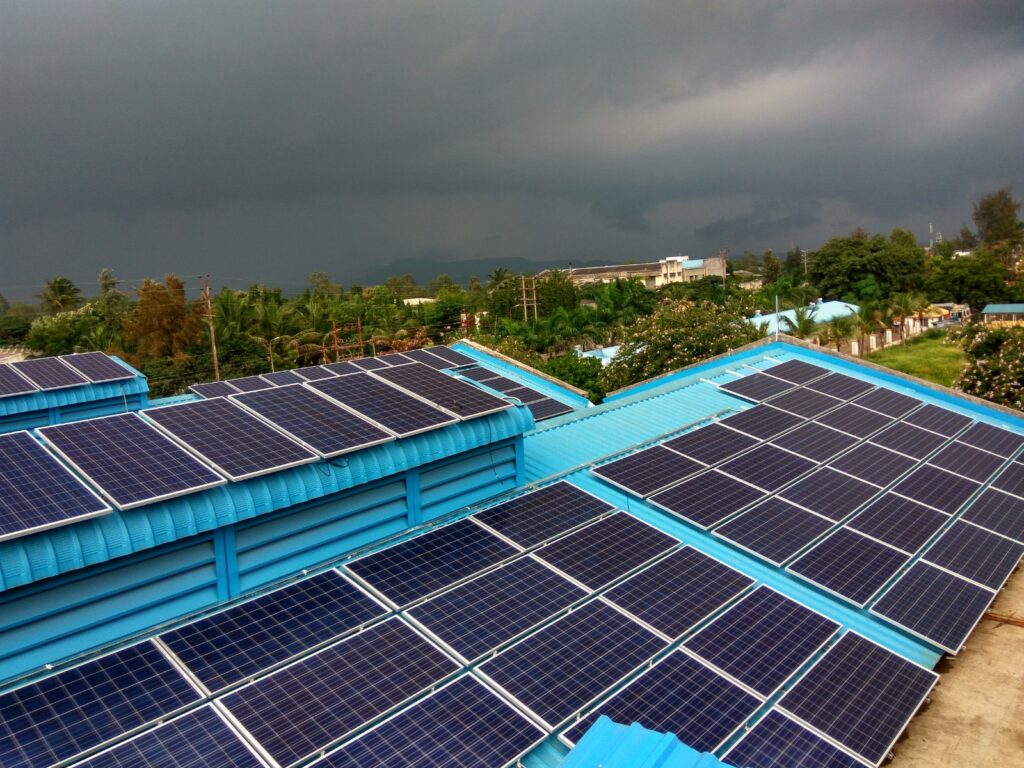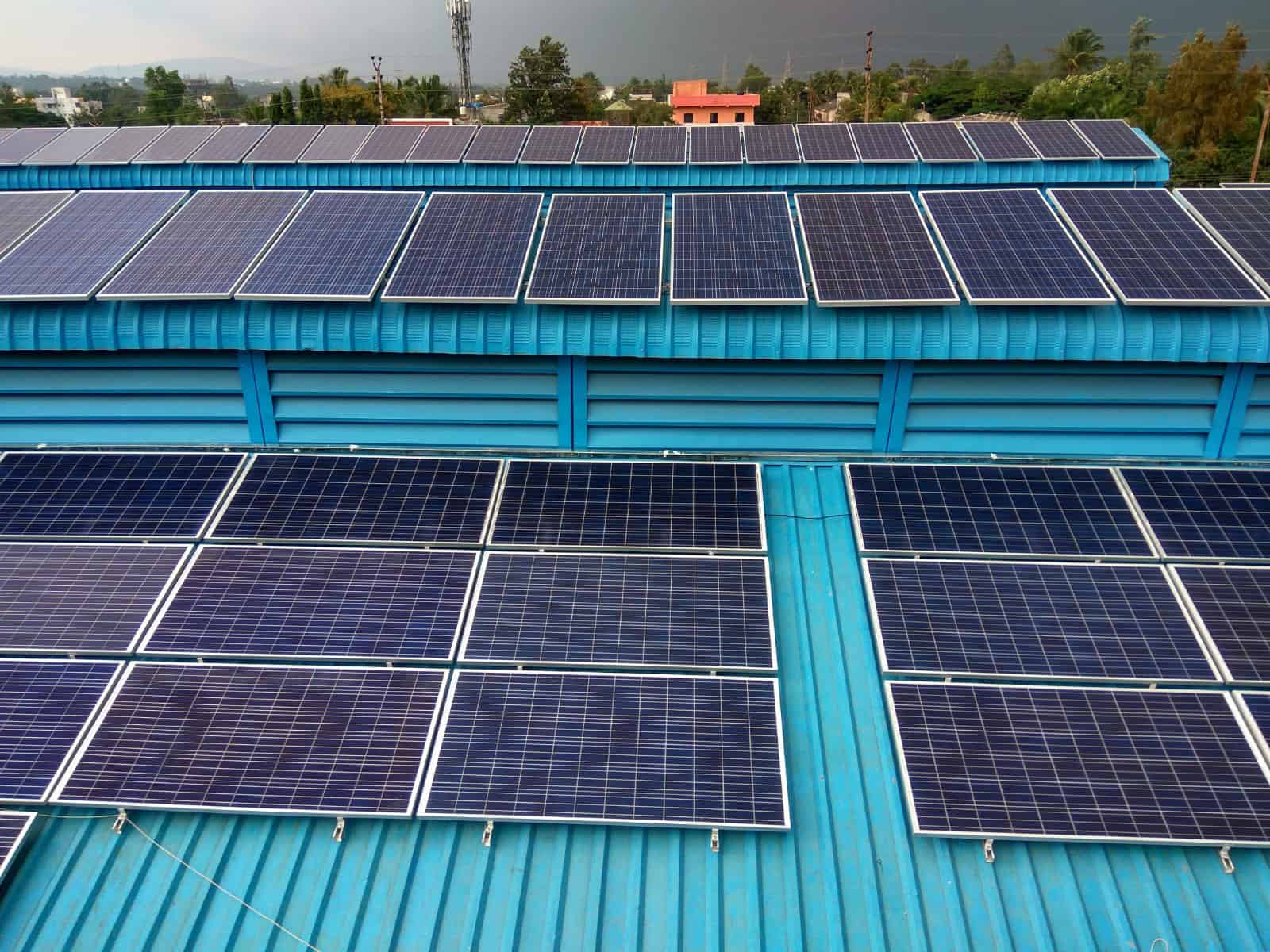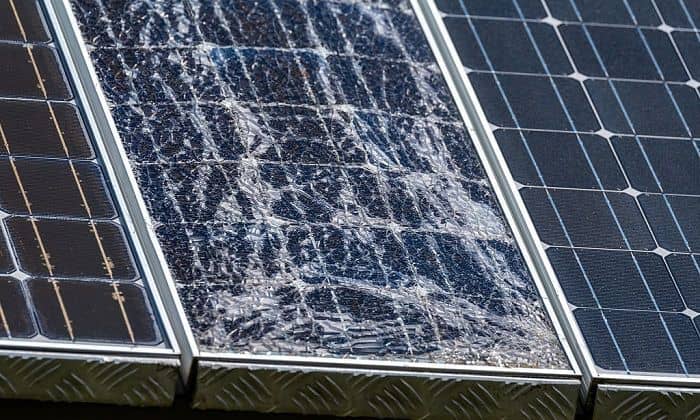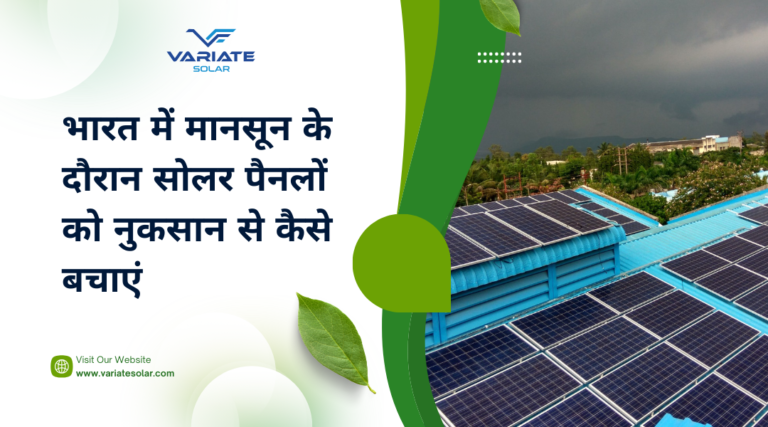Leading the Industry in Solar Rooftop Installation: Unleashing the Benefits for Businesses
The industrial sector is experiencing a transformative shift as companies increasingly turn to sustainable energy solutions. Among these, solar rooftop installations stand out as a game-changer. By leveraging the power of the sun, businesses can not only reduce their carbon footprint but also enjoy significant financial and operational benefits.
In this blog, we’ll explore the rise of solar rooftop installations in the industry and delve into the myriad advantages they offer.

The Rise of Solar Rooftop Installations
The adoption of solar rooftop installations in the industrial sector has surged in recent years. This trend is driven by several factors:
- Decreasing Costs: The cost of solar panels and associated technology has plummeted over the past decade. Advances in manufacturing and increased competition have made solar power more affordable than ever.
- Government Incentives: Many governments offer tax breaks, subsidies, and other incentives to encourage the adoption of renewable energy. These financial benefits can significantly offset the initial investment in solar installations.
- Corporate Sustainability Goals: Companies are increasingly committing to sustainability targets. Installing solar panels on rooftops helps businesses reduce their reliance on fossil fuels and demonstrates a commitment to environmental stewardship.
- Energy Independence: By generating their own electricity, businesses can reduce their dependence on the grid and protect themselves against volatile energy prices.
Key Benefits of Rooftop Solar for Industry
- Cost Savings:
- Reduced Energy Bills: Solar panels can generate a substantial portion of a company’s electricity needs, leading to significant savings on energy bills. Over time, these savings can offset the initial investment and lead to net financial gains.
- Tax Incentives and Rebates: Various tax credits, rebates, and incentives can reduce the overall cost of installation and accelerate the return on investment.
- Environmental Impact:
- Lower Carbon Footprint: Solar energy is a clean, renewable resource that produces no greenhouse gas emissions. By switching to solar power, businesses can drastically reduce their carbon footprint.
- Sustainability Credentials: Demonstrating a commitment to sustainability can enhance a company’s reputation with customers, investors, and other stakeholders.
- Energy Reliability and Security:
- Energy Independence: Generating electricity on-site reduces reliance on the grid and enhances energy security. This can be particularly beneficial in areas with unstable energy supplies.
- Resilience: Solar panels can be combined with battery storage systems to provide backup power during outages, ensuring continuous operations.
- Increased Property Value:
- Asset Appreciation: Buildings equipped with solar panels can see an increase in property value. Prospective buyers or tenants are often willing to pay a premium for properties with lower operational costs and sustainable energy sources.
- Positive Public Relations:
- Brand Image: Embracing solar energy can boost a company’s public image and marketability. Consumers and partners are increasingly favoring businesses that prioritize environmental responsibility.
- Corporate Social Responsibility (CSR): Investing in renewable energy reflects a company’s commitment to CSR, which can strengthen community relations and employee morale.
Success Story: Rooftop Solar in India
Impact and Achievements
Capacity Growth: As of 2023, India has installed over 6 GW of rooftop solar capacity, contributing significantly to its renewable energy targets.
Cost Reduction: The cost of solar panels has decreased dramatically, making rooftop solar more affordable for households and businesses.
Economic Benefits: Many households and businesses have significantly reduced their electricity bills, leading to substantial long-term savings. The solar industry has created numerous jobs in manufacturing, installation, and maintenance.
Environmental Impact: Rooftop solar installations have contributed to a significant reduction in greenhouse gas emissions. This shift towards renewable energy is helping India meet its climate goals and commitments under the Paris Agreement.
Conclusion
The transition to solar rooftop installations is more than a trend—it’s a strategic move that can yield substantial economic and environmental benefits. As costs continue to fall and technology improves, the industrial sector is poised to lead the way in adopting solar energy solutions. By harnessing the power of the sun, businesses can achieve greater energy independence, cost savings, and a stronger commitment to sustainability, setting a positive example for others to follow.
As industries worldwide embrace this renewable energy source, solar rooftop installations are set to become a cornerstone of modern, sustainable business operations. Now is the time for companies to invest in this clean, reliable, and economically viable energy solution and to shine bright in the pursuit of a greener future.





